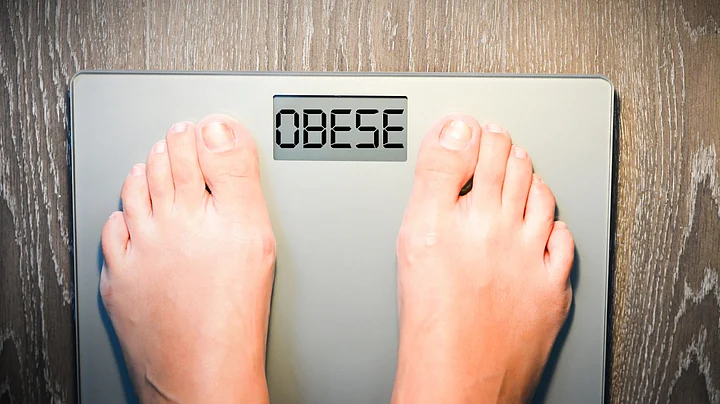Let’s establish this at the outset. Body shaming is wrong. People should be respected for the choices they make regarding their bodies. But... it’s important to draw a clear line between simply having a few extra kilos and a body weight which threatens your health.
In today’s highly politically correct atmosphere, any conversation around body types can be construed as insulting. However, several studies have established that being “fat and fit” is a myth.
Hey, Watch That Weight!
Earlier the Body Mass Index (BMI) which is your weight (in kg) divided by the square of your height (in metres) was usually accepted to be the mostly accurate way of assessing whether or not you’re overweight. Your body weight would be considered normal as long as you’re anywhere between 18.5 to 25 kg/m2. However, it turned out that in some cases, the BMI was inaccurate. For instance, an athlete or anyone with dense muscles can have the same BMI as an obese person. Therefore it’s important to consult a professional to truly assess your weight.
Another distinction to be made is that not all overweight people are obese, but all obese people are overweight. Depending on the levels of intensity, both can be equally harmful for the body.
Say No to Obesity = Say No to Diseases, Disorders
People who are obese are more likely to develop heart and joint problems. The more disturbing part is that they are vulnerable to heart failures and strokes even without the appearance of other symptoms like high blood pressure or elevated sugar levels. This was concluded by a study conducted by University of Birmingham earlier in 2017. The study followed 3.5 million people from 1995 to 2015. About 61,000 of the participants eventually developed coronary heart disease.
When it comes to pediatric health, overweight and obese children are at a higher risk of chronic diseases both during their childhood and as they grow older. These include heart disease, stroke, type 2 diabetes, asthma, sleep apnea, hepatic steatosis, and several cancers.
Not to forget, social discrimination that comes from being obese. A recent survey conducted in the capital by Max Hospital showed how obesity impacted the mental health of children.
Cardiovascular conditions associated with obesity, such as high blood pressure and high blood cholesterol, are increasingly being diagnosed in children, as is type 2 diabetes.
Fat Shaming is Wrong...
...and so is shaming someone for being on the healthy side. So, if celebrities like Lena Dunham and Parineeti Chopra lose weight, they are not failing the idea of a curvy body. At the same time, their lean bodies do not imply that those are the only acceptable body types. This was most aptly put by Parineeti Chopra as she commented on her weight loss in an interview:
If you yourself are not comfortable about your body, do something about it. If you are comfortable, let it be. Other people have no right to comment anyway.Parineeti Chopra
If someone has worked to achieve an optimum level of health (which also happens to make them lean), appreciation is due for their effort.
The problem perhaps lies in the choice of words. A toned body should be complimented for its fitness and strength and not for its “beauty”. Eating disorders exist for a reason and their rise especially in adolescents all over the world requires that fit bodies are appreciated for the right reasons, while emphasising the long term effort put in achieving them.
(Join us on our weight loss journey with top nutritionists guiding us all the way. Our Facebook community invites you to share tips, success stories and results by simply clicking here. You can also reach out to us on fit@thequint.com or simply comment below.)
(At The Quint, we question everything. Play an active role in shaping our journalism by becoming a member today.)
